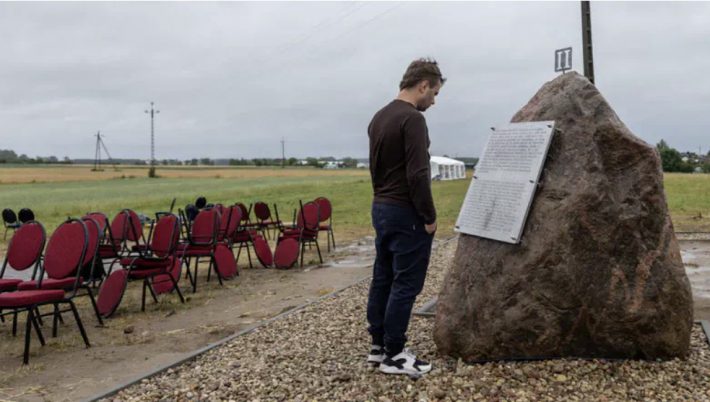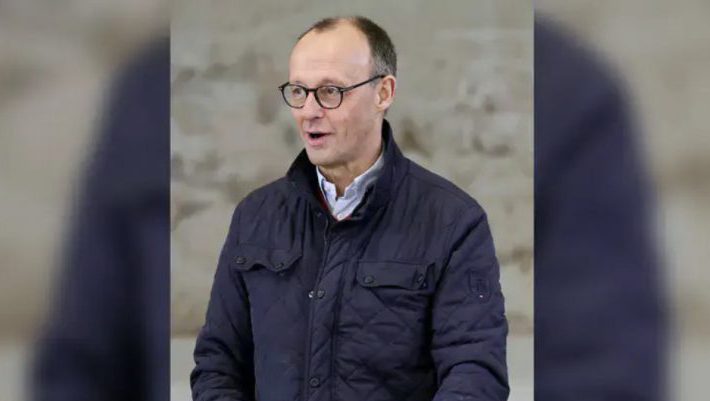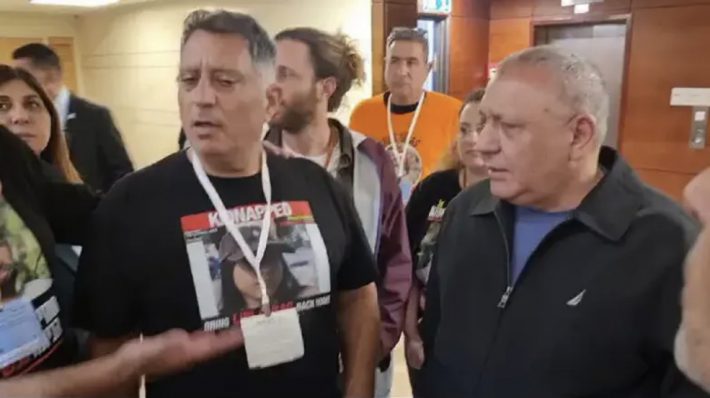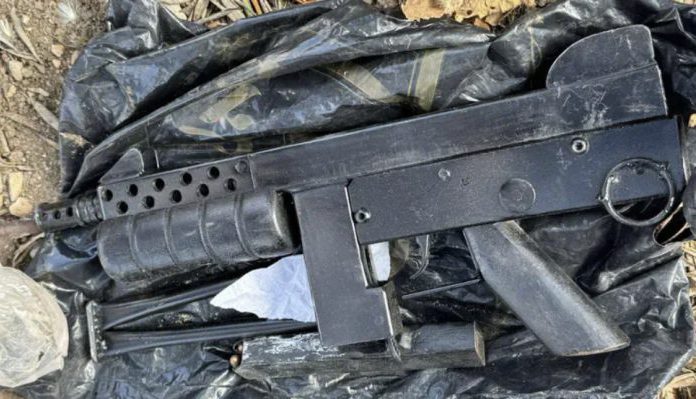As Jews gathered to commemorate the 1941 Jedwabne massacre, far-right activists erected a revisionist installation and disrupted the ceremony, reigniting fears over Holocaust denial and antisemitism in Poland.
Jedwabne, Poland — A memorial gathering to mark the 84th anniversary of the Jedwabne massacre, in which hundreds of Jews were murdered by their Polish neighbors during World War II, was marred this week by a revisionist installation, far-right protests, and public Holocaust denial—drawing strong condemnation from Jewish leaders and international institutions.
The ceremony, hosted Thursday by Chief Rabbi Michael Schudrich and the Jewish Community of Warsaw, took place at the site where, on July 10, 1941, Polish residents burned alive hundreds of Jews in a barn in this small town northeast of Warsaw. The massacre has become a symbol of Polish complicity in the Holocaust, recognized in large part due to Jan Tomasz Gross’s 2000 book Neighbors, and acknowledged in a 2001 presidential apology.
Despite this established historical record—confirmed by a 2002 investigation by Poland’s Institute of National Remembrance (IPN)—the site has increasingly become a flashpoint for Holocaust distortion and nationalist revisionism.
Just before this year’s ceremony, a new installation appeared near the memorial, consisting of seven large stones with metal plaques bearing text in Polish and English. These signs, positioned on private property but just 100 feet from the official memorial, offered a radically distorted version of events.
Among the claims:
- The massacre was carried out by a German pacification unit, not local Poles.
- The 1795 partition of Poland was described as “a source of satisfaction for many Jews.”
- Jews were accused of sympathizing with Soviet oppressors in the interwar period, suggesting this led to “division” with Poles.
Wojciech Sumliński, a right-wing activist, took credit for the display and claimed it was funded through crowdsourcing.
🧨 Ceremony Disrupted, Denial Escalates
The commemorative event was further disrupted when far-right lawmaker Grzegorz Braun and other nationalists gathered near the site, blocked Rabbi Schudrich and attendees from leaving, and demanded the exhumation of the massacre site—a move opposed by Jewish law, which prohibits disturbing the dead.
Police intervened, dispersing the crowd and allowing cars to leave, local media reported.
Braun, a Member of the European Parliament and known Holocaust revisionist, had already sparked public outrage earlier that day by denying the existence of gas chambers at Auschwitz. The Auschwitz Memorial condemned his comments on social media, and Polish police have launched a criminal investigation into possible Holocaust denial—an offense under Polish law.
⚖️ Global Condemnation and a Political Crossroads
Jewish organizations and Holocaust remembrance institutions responded swiftly:
- Yad Vashem said it was “profoundly shocked and deeply concerned by the desecration of historical truth and memory” and called on Polish authorities to remove the new plaques.
- Rabbi Schudrich labeled the installation “a disgrace” and “an expression of the disease of antisemitism.”
- The American Jewish Committee (AJC) called it a test for Polish democracy, stating that “remembrance without responsibility is not remembrance at all.”
The controversy comes just weeks after Karol Nawrocki, a historian accused of Holocaust revisionism, was narrowly elected President of Poland, marking a victory for the nationalist Law and Justice (PiS) party. From 2015 to 2023, PiS promoted narratives emphasizing Polish victimhood and resistance during WWII while suppressing research on Polish complicity. In 2018, the party passed a controversial law criminalizing claims of Polish involvement in Nazi crimes, widely criticized as an assault on academic and historical freedom.





